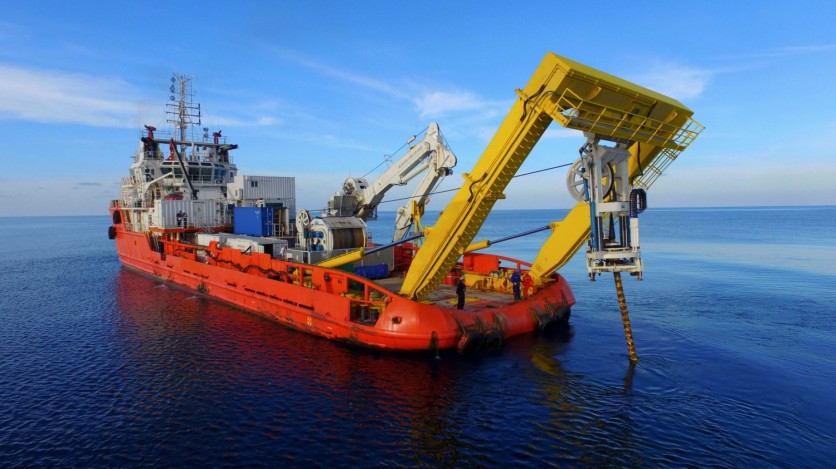Europe is experiencing a massive power crisis in the present day due to Russia and Ukraine's conflict that cut off a massive source for the rest of the European region, now experiencing problems. Copelouzos Group, a massive company from Greece, is now working with Egypt to deliver power to the EU in the latest venture for an 853-mile-long underwater power cable to supply the continent.
EU Power Crisis: Egypt is Here to Help

The venture started last year, and the idea is to bring clean energy from Egypt to Greece to supply the European country with an ample supply of power for its residents' use. And it is a strategic one because early in 2022, the unexpected conflict between Russia and Ukraine started, with the Russians also severing their ties to global partners.
Russia is renowned for supplying power to Europe as well, featured in many of its country's power plants that mostly rely on its coal mining technology, a now denounced power supply.
Greece's Copelouzos Group started this venture with Egypt last October 2021, and a year later, they are already in working meetings with Egyptian President Abdel Fattah El-Sisi regarding the future of the project.
Read Also : UK's New Energy Project to Explore Bugs in Creating Soil Batteries for Solar Energy Storage
Copelouzos Group's Underwater Cable
The company calls this the GREGY - Green Energy Interconnector, derived from the names of both countries participating in the venture, Greece and Egypt. The group aims to lay 853 miles of underwater power cables that will bring power from Egypt to Greece, supplying the European country with 3,000 megawatts of clean energy for its needs.
It aims to offset the country's reliance on the EU's energy, now experiencing a power crisis.
Underwater Technology
Most of the underwater technology available to the world now focuses on delivering internet to far-off countries that do not have any terrestrial or land-based cellular connections that will help connect them online. An initiative from Google previously focused on connecting Portugal to Togo, a venture that it finished in three years.
The underwater fiber optics line also aims to connect Google's services to Nigeria and Cape Town in the African continent.
However, the main challenge of wired technology to deliver internet to far-off regions is that it is prone to breaking for natural reasons, something which happened to Tonga's underwater cables.
It took several weeks before users were able to experience being online again, as it took a long time for the company to restore its internet connection in the Polynesian country. Still, there are many wireless solutions in place to answer this problem for all, soon giving them more options for an internet connection like Starlink.
However, that principle would not apply to deliver power to far regions like Egypt to Europe's Greece, and it needs cables to bring power from coast to coast. The Copelouzos Group aims to supply Europe with as much as 3,000 megawatts of clean energy coming from Egypt, thereby ensuring power and no longer relying on Russia for this need.
Related Article : Babcock Ranch in Florida Survives Hurricane Ian, Solar Power Helped Avoid Power Loss
This article is owned by TechTimes
Written by Isaiah Richard
ⓒ 2026 TECHTIMES.com All rights reserved. Do not reproduce without permission.




